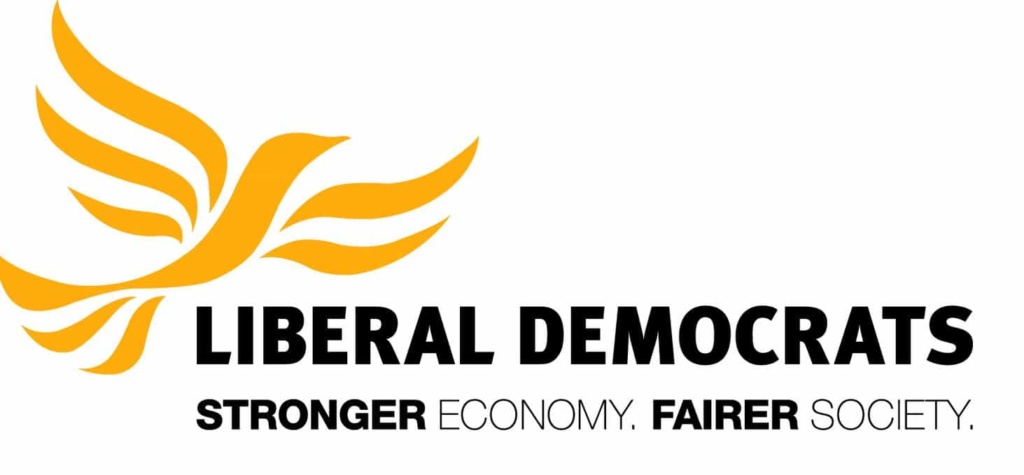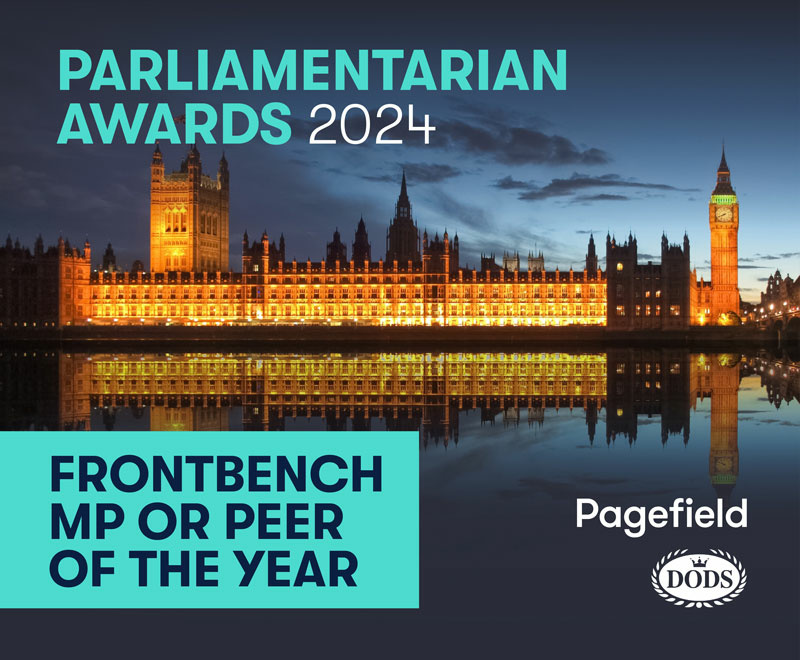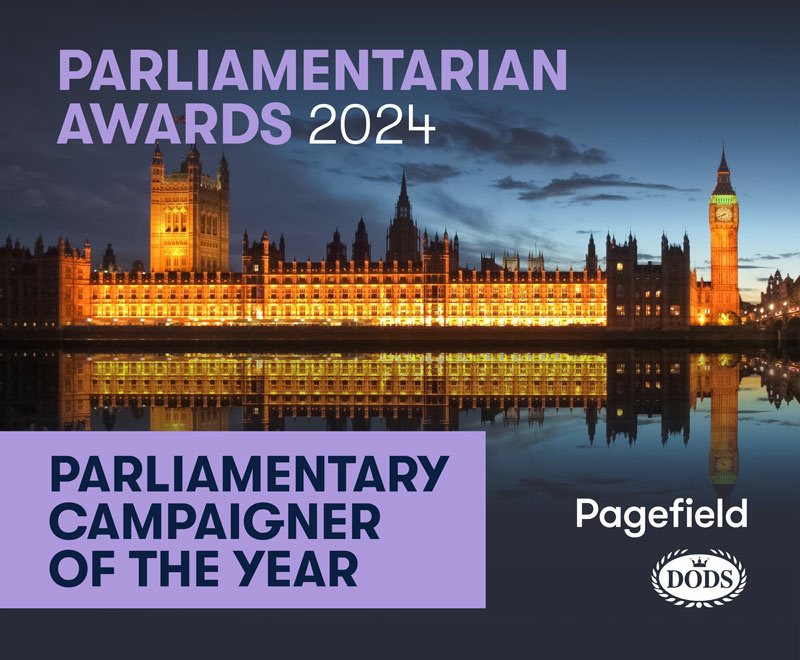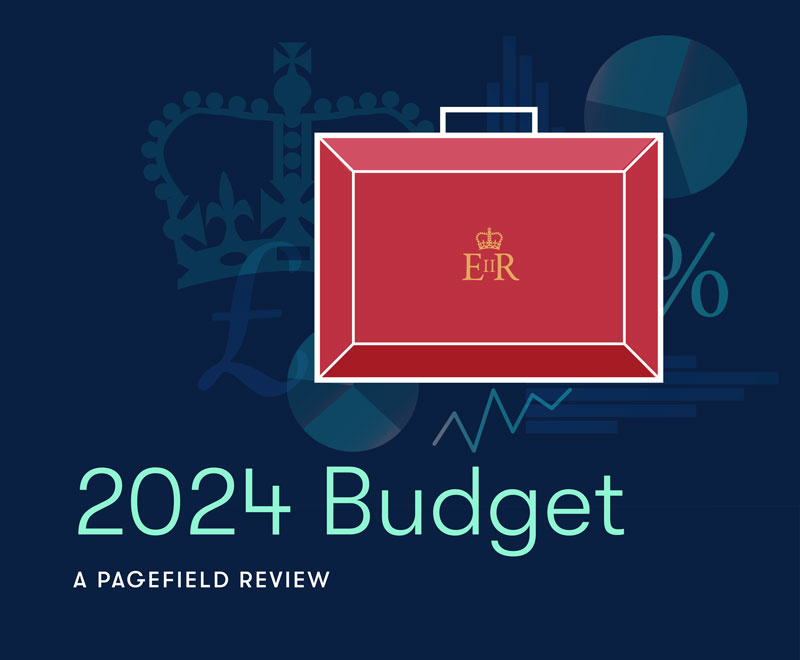Last week’s election of Tim Farron as the new leader of the Liberal Democrats will signal the beginning of what the party are describing as the #LibDemFightback. After a baptism of fire and some close scrutiny of the new leader’s views, Pagefield’s resident Lib Dems give their verdict on the election result.
Geoff Duggan – Associate Partner
Having lost 49 of 57 seats in a punishing General Election, it could be argued that the new leader of the Liberal Democrats has inherited a poisoned chalice. While the going will undoubtedly be tough there are reasons to be cheerful. No longer forced together with its old Conservative enemy there is an almost tangible sense of relief among rank and file party members. And with 15,000 new members since polling day, many of them under 30, there are signs of a resurgent grassroots. The broader political landscape also bodes well. The Conservative Party, governing freely for the first time since the mid-nineties is doing a good job at highlighting the Lib Dem’s moderating and liberal progressive influence on the Coalition. Meanwhile the Labour Party’s leadership contest seems to be driving various factions further apart rather than healing the wounds that have long beset the party.
Taking this into account it’s crucial that the Lib Dems establish themselves as the authentic voice of Liberalism in the UK and continue to champion issues that the two main parties traditionally shy away from – civil liberties, electoral reform, penal policy, environment, immigration and drugs policy. The forthcoming EU referendum provides an opportunity for the party to reinforce its internationalist stance and take a positive national leadership position. As we have seen from early media interviews, the challenge for Tim Farron – who unlike his colleagues in the Coalition Government has been fairly free from media scrutiny – will be to clearly and authentically articulate how his personal religious views dovetail with his liberal principles and don’t raise more questions than they answer.
Fred Azis-Laranjo – Senior Executive
If I’m honest, I was hoping that Norman Lamb would win but I’m sure Farron will be an accomplished leader. It was hardly a surprising victory with Farron having spent the coalition years clearly waiting in the wings for his chance at the top job. Having been President of the Liberal Democrats for the last 5 years he was untainted by the Coalition, unlike Lamb who served (admirably) as a minister in the Department of Health, and so Farron was always the strong favourite to win. Personally, he’s slightly to the left of where I’d like to see the party, especially in light of the fact that we lost 27 seats to Conservative candidates compared to 16 to Labour – and I think he’ll appeal less to voters (especially in the West Country) who would otherwise be inclined to vote Conservative.
Nevertheless, with Labour in disarray Farron has a real opportunity to capitalise and win back some of the voters we lost to Ed Miliband. As long as he develops clear and consistent messages to remind voters what the Liberal Democrats stand for, especially on civil liberties, electoral reform, progressive taxation, drugs policy and ensuring that everyone, from whatever background, has equal opportunities in life; then the party should get back on its feet. Some commentators have said recently that part of the problem is that all the mainstream parties in the UK are now effectively Liberal parties, but I don’t see it as a problem in the slightest: we should celebrate it as a triumph of our values. As long as Farron can convince the public that his personal liberalism trumps any privately held views then the ‘fight back’ should succeed. The huge surge in membership following the election disaster prove’s there’s still an appetite for authentic Liberalism in the UK and gives the fight back a fighting chance.




